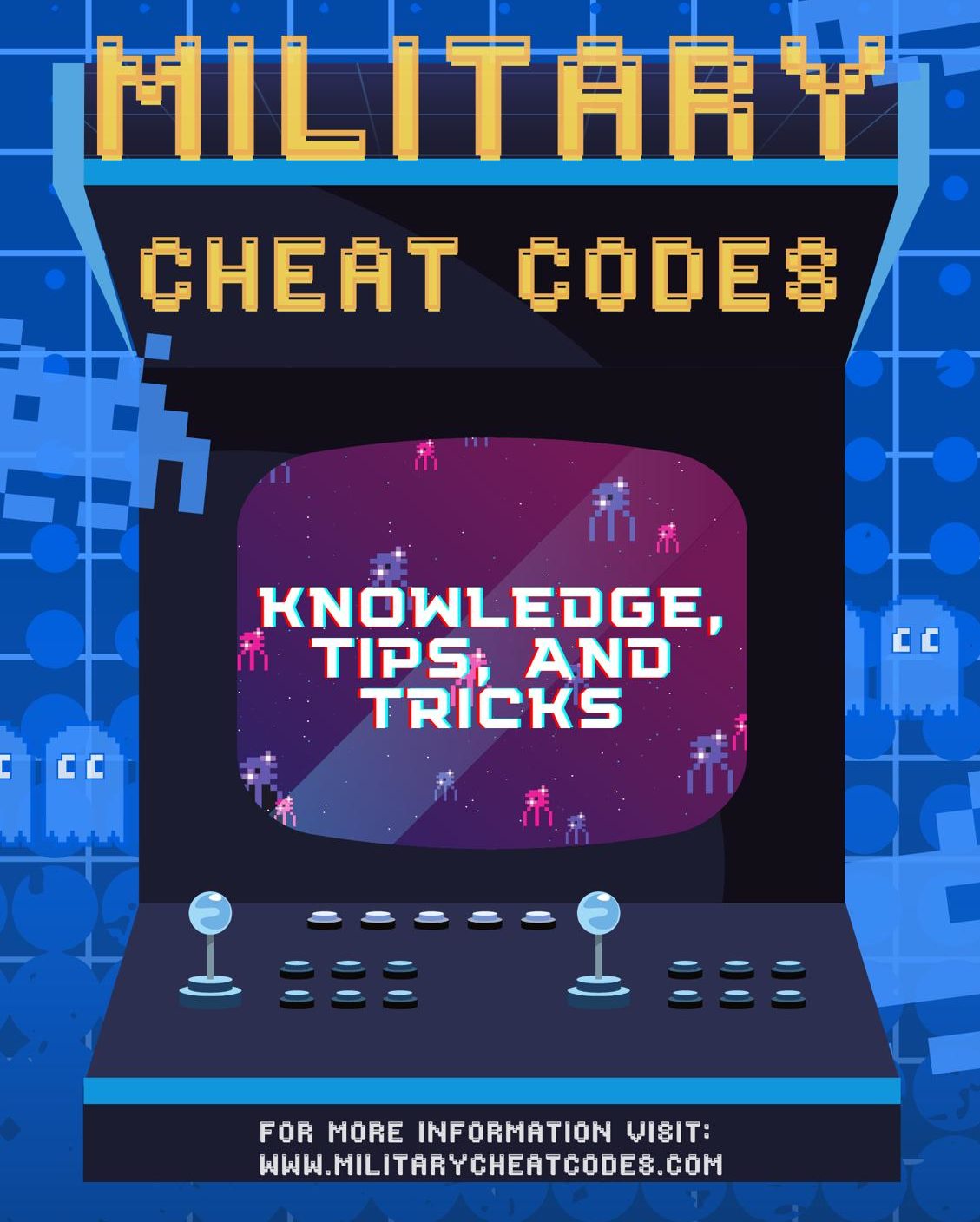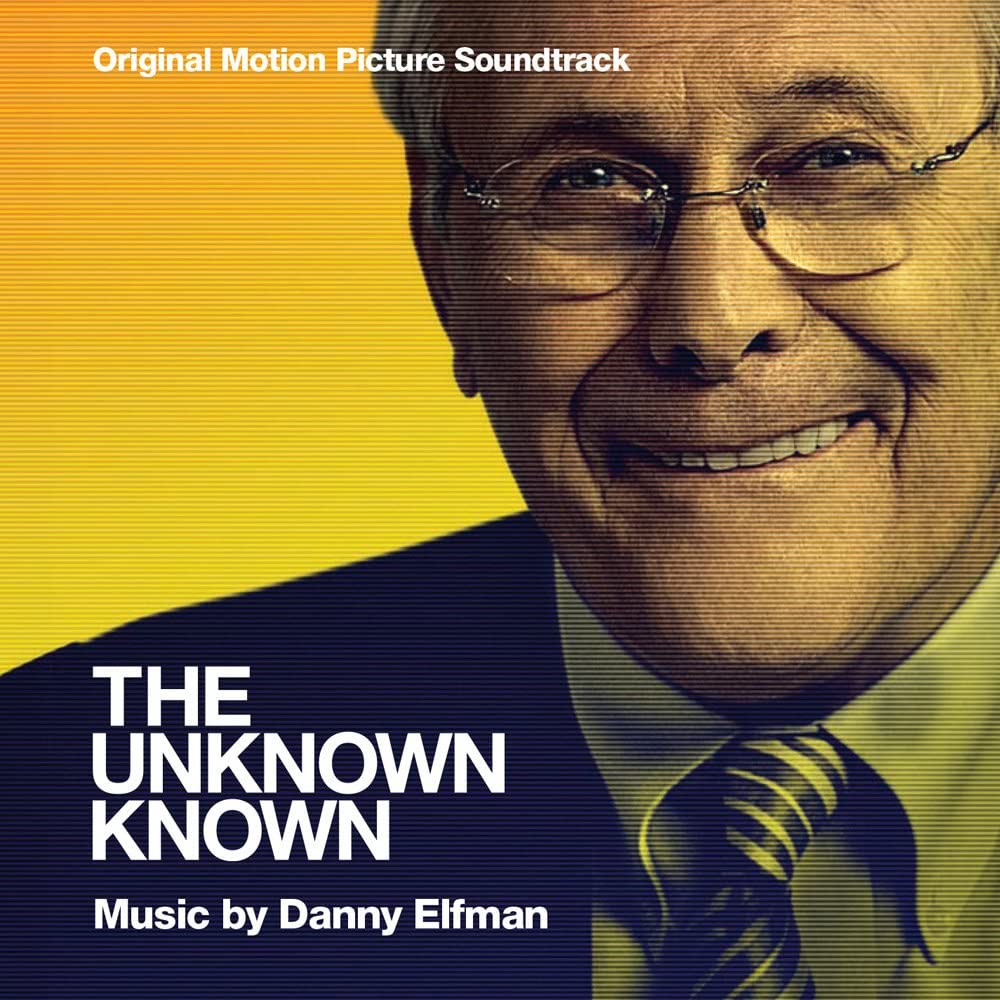Vital Question – What Are You Reading?
Thanks to my reading, I have never been caught flat-footed by any situation, never at a loss for how any problem has been addressed (successfully or unsuccessfully) before. It doesn’t give me all the answers, but it lights what is often a dark path ahead. — General James “Maddog” Mattis, 2003 To quote Edwin Starr from his song War, “War, huh, yeah / What is it good for?” Well that may be obvious to some but to others it is not self-evident; it is a necessary evil to ensure security. Let’s change the quote to: “Reading, huh, yeah / What…

